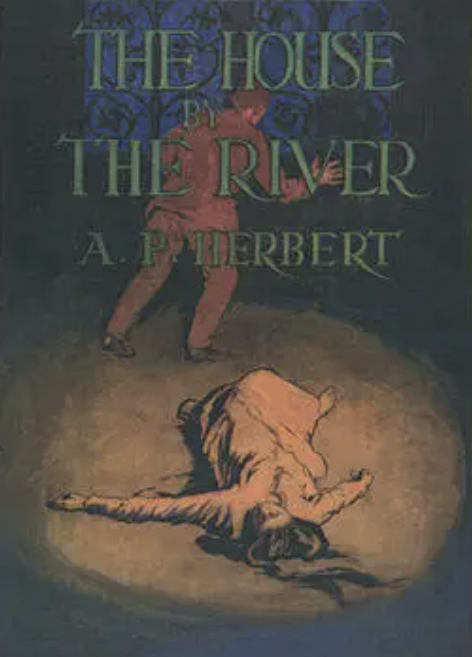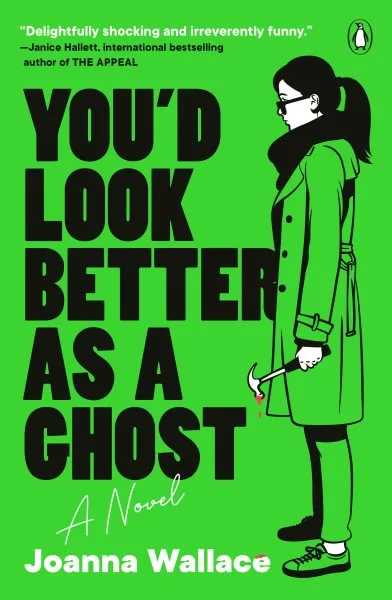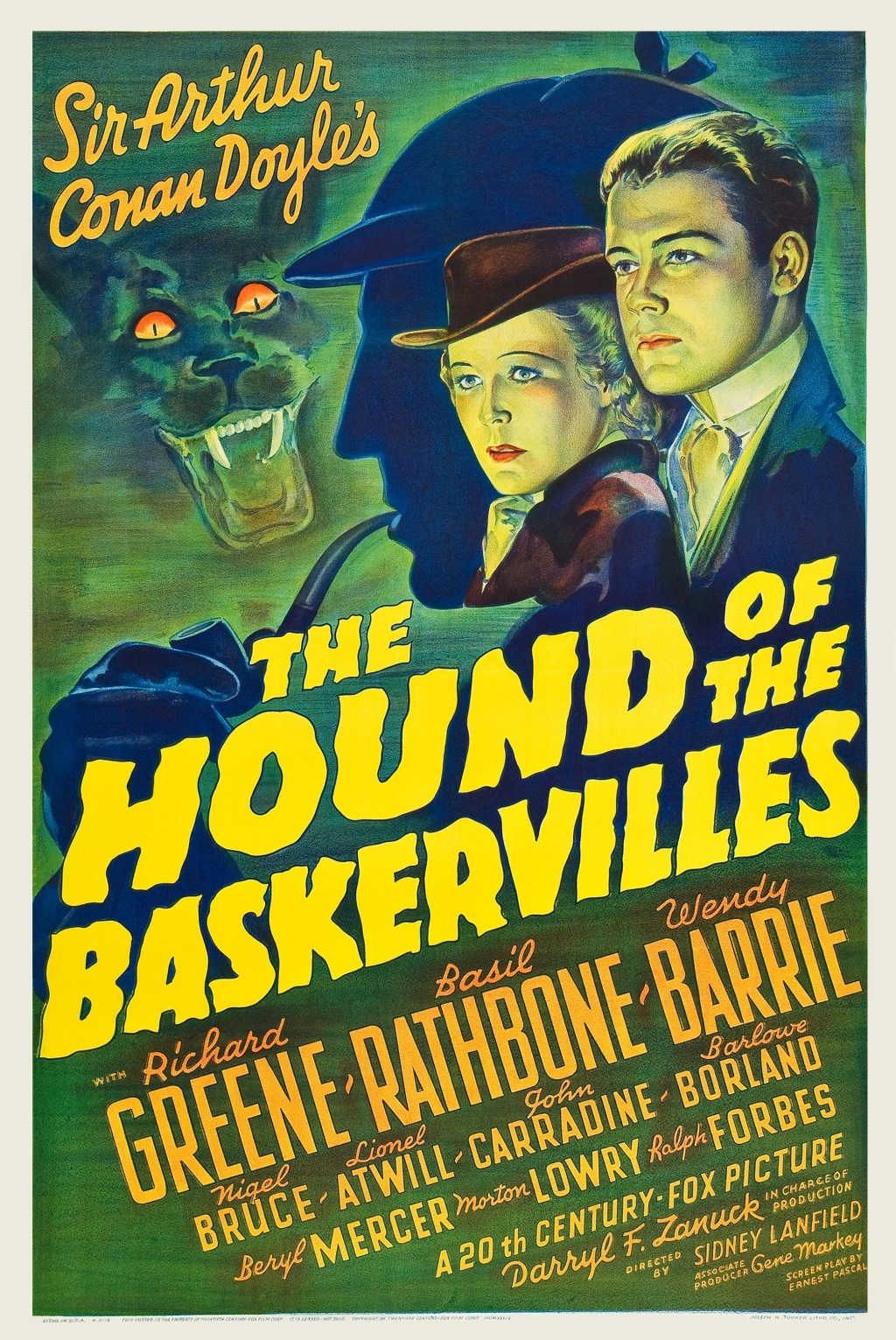Episode Details
Originally broadcast March 7, 2014
Season Five, Episode Two
Preceded by The Letters of Septimus Noone
Followed by The Curse of the Bronze Lamp
Written by David Renwick
Directed by David Sant
Familiar Faces
John Bird is a familiar face on British TV, particularly to fans of political comedy for his work with John Fortune and Rory Bremner. While his background in principally in satirical comedy, Bird has appeared in a number of genre shows including Inspector Morse and Midsomer Murders. He had also previously appeared in Jonathan Creek as a different character in The Three Gamblers.
David Gant, who plays Eric Ipswich, has quite a few genre credits to his name including appearances in Sherlock, Midsomer Murders, Father Brown, Whitechapel, Rosemary & Thyme, Inspector Morse and more.

The Verdict
Nothing hugely to object to but not much to excite either. It feels like a collection of disconnected B-plots.
Episode Summary
When failed psychic magician Eric Ipswich has to go to hospital the community decides to rally around and give his home a much-needed refresh. Jonathan and Polly get to work stripping layers of wallpaper in the bedroom only to uncover a series of numbers with the words “will win” written underneath. It turns out those numbers had been winning numbers some time ago when local businessman Leonard Corbyn won the jackpot. How did Eric Ipswich, a terrible psychic, actually make this amazing prediction decades earlier?
Meanwhile Polly finds that returning to her childhood home has brought back some unexpected memories of a nightmarish man she thinks of as The Sandman. Who was he and what was Polly remembering?
Finally, the community tries to understand how rumors are spreading quickly through the village and what the truth is behind the strange beast with glowing eyes seen prowling in the vicarage garden at night.
My Thoughts
The Sinner and the Sandman strikes me as a rather disjointed episode. In addition to working to establish Jonathan and Polly’s new home and community, the story tries to set up and resolve at least three or four mysteries but each of these strike me as quite slight including the most eye-catching – the psychic prediction.
Before we tackle any of these though I have to start by briefly discussing the very strange opening with what must be the least convincing home invasion in television history. Polly has dragged Jonathan to have dinner with a ‘wrestling critic’, whatever that is but finding them not at home with dinner left out they explore leading to an unfortunate interaction with the would-be thieves.
The scene plays out somewhat comedically but it’s odd as it has little importance to the rest of the story. It is really only there to set up a zany punchline moment Renwick has planned for the end of the episode. It feels like a pretty length detour and the payoff was not, for me, enough to make the time spent on it feel worthwhile for me. I wish instead that the space had been given to one of the other plot threads to give room for a little more complexity.
One of the most notable elements of series five is that the episodes feel smaller with a strong focus on the show’s new rural setting and Jonathan’s embrace of domesticity and middle age. Of the three episodes, this is the one that most strongly focuses on that village setting and a set of common characters who are shared between the episodes. For instance this would once again use James Bachman as the vicar who we saw conduct the funeral service in the previous episode while it also introduces us to John Bird’s Horace Greeley – a sort of village busybody who runs the parish newspaper.
Now I have to say that I really enjoy John Bird as a performer but I was not in love with the choice of bringing him back to the series to play a new character. We had seen this same practice several episodes earlier with Nigel Planer but I think there is an important difference between the two: Planer’s performance feels quite distinct with a rather different make-up and completely different manner. Bird’s performance as Greeley, while enjoyable, feels quite similar to his DI Gallo from The Three Gamblers and so it’s hard to forget that we are watching the same actor at work which makes it all the more odd that Jonathan never comments on the similarity. I think the best way I can make peace with this is to say that this is another little love note to Columbo which frequently did this but I did find it a little distracting.
On a more positive note though, I do like the idea of giving Jonathan a more permanent base of operations, even if it turned out to be quite short-lived. While it feels quite different from what the series had done before, I think it does allow for some different sorts of stories to be told and presumably would have enabled the series to make some cost savings. It even allows for the possibility that characters would have been reused between episodes, creating a stronger sense of the community. It’s a shame really that the series would end so soon so these ideas were never fully realized.
The most satisfying of the three mystery strands for me was the one rooted in village life. The comedy in this plot thread feels relatively gentle compared to some of the previous stories and I think the explanation is pretty credible (well, except for the belief in the ‘beast’ and the preventative measures taken by the villagers). There isn’t a whole lot here to detect but the explanation is at least pretty logical.
The Sandman storyline struck me as a little forced though I can accept that memory can be distorted and repressed. I do appreciate that this plot thread is intended though to build up Polly’s backstory and I quite liked an emotional note that the episode gives following the explanation for this plot and Sarah Alexander’s performance. I will note though that unlike the other mystery threads, this isn’t particularly strongly clued though.
The clunkiest plot thread for me is the impossibility. The problems begin with the heavy level of contrivance that is required to find it in the first place. The home makeover, Polly’s marvelous memory that recalls that the numbers exactly match a photograph she glimpsed only for a few seconds some days before and the presentation of the message found beneath the wallpaper. The explanation is not inherently bad but the idea that anyone might think that Ipswich had predicted the lottery results years before there was even a lottery seems quite strange. Even more so that he doesn’t gain anything from it himself (if he had been the winner it would have seemed more miraculous but I imagine it would be harder to explain why anyone would have found the prediction).
Were this a b-plot, I wouldn’t have minded quite so much. The problem is that it is supposed to hold our attention for an entire episode and it simply arrives too late in the hour to make much impact. It’s not really a case that requires much investigation at all – hence why when we do get the scene where Jonathan explains it all it seems to come from nowhere, necessitating the awkward introduction of several characters.
Still, while I didn’t find much here to marvel at I didn’t hate it either. Just don’t expect it to be placed particularly highly on my ranked list of the episodes when I eventually share that…




Leave a reply to Aidan Cancel reply